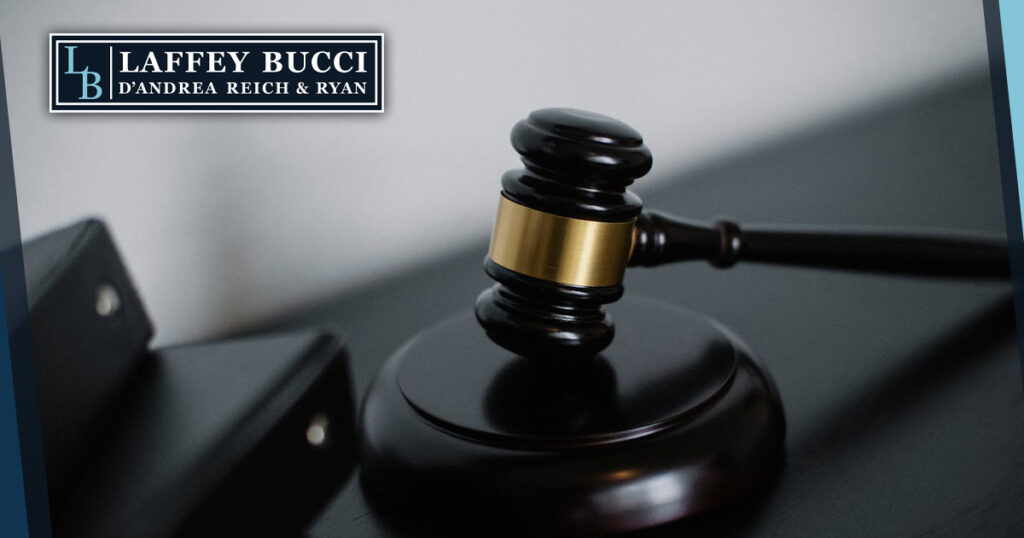Third Circuit Ct. of Appeals Rules Against Phila. School District Where Student Sexually Abused After Being Allowed to Leave School with Unknown Adult
On September 6, 2016, a federal appellate court in Pennsylvania ruled in favor of a young child who was sexually assaulted after she was allowed to leave school premises with an unknown adult. In L.R. v. School District of Philadelphia et al., the Third Circuit Court of Appeals reiterated its position on the state created danger theory, whereby public schools can be held liable for physical or sexual assaults. The court held that the Philadelphia School District could be found liable under federal law for exposing the kindergarten student to danger by allowing her to leave with an unknown adult who later sexually abused her.
The case received widespread media attention roughly 3 years ago. A young woman walked into a Philadelphia elementary school and was allowed to remove a 5 year old kindergarten girl from her classroom. Despite being asked for identification by the girl’s teacher, the young woman could not produce any. In addition, the school’s usual protocol of verifying permission to leave school was ignored. Later that day, the woman sexually assaulted the girl who was found the next day by a sanitation worker at a nearby playground.
The girl’s legal guardian filed a civil rights violation lawsuit against the teacher, school district and other related parties. The case was filed under the Civil Rights Act, Section 1983, for violation of the girl’s due process rights under the Fourteenth Amendment to the U.S. Constitution. The defendants filed a motion to dismiss the case, arguing that the girl’s claims were barred by the principle of immunity.
Qualified Immunity – What Is It and How Does it Apply to Government Employees (Public Schools, Teachers, Etc.)?
Under the legal principle of qualified immunity, government employees are generally immune from being sued for acts of negligence that occur during the course and scope of their employment. This applies to police officers, prison guards, public school teachers, coaches, etc.
In most cases, qualified immunity generally bars lawsuits against government employees and government entities. This is certainly true in cases of school assaults, including sex assault of a student by either a school employee or a third party. Lawsuits against public schools are often barred by the principle of qualified immunity.
It is important to note that the principle of qualified immunity is a federal one and applies only to federal law. States have their own immunity laws. Pennsylvania, for example, has adopted a form of immunity. Two acts, the Political Subdivision Tort Claims Act and the Sovereign Immunity Act, also bar most lawsuits against government entities in PA including county governments, townships and cities. There are specific enumerated exceptions, none of which allow lawsuits against government employees for allowing sex assault of a student to occur. However, there have been recent attempts to create an exception for sex assault cases. In the 2016 session, the Pennsylvania legislature has been considering a major amendment to Pennsylvania’s immunity laws. One bill would create an exception whereby public school employees could be sued for negligently allowing sex assault or abuse of a student to occur.
What Is the State Created Danger Theory?
The state created danger theory is an exception to the principle of qualified immunity. The Third Circuit, which includes the district courts in Delaware, New Jersey and Pennsylvania, has previously upheld the state created danger theory. Other circuits such as the Seventh, Ninth and Tenth have also applied the state created danger theory.
Under that theory, a government employee can be sued under federal law if the employee creates or amplifies a dangerous situation. The following facts must be proved:
- the dangerous situation was foreseeable and was a direct cause of the injury;
- the government employee acted with willful disregard for the safety of the injured party;
- there was a special a relationship between the government employee and the injured party; and
- the government employee created a situation that otherwise would not have existed, thereby allowing the injury to occur.
The Key – “Exposure to a Danger Not Otherwise Encountered”
Over the last two decades, the Third Circuit has considered the state created danger theory in roughly a dozen cases. In less than a handful of those cases, the court found that the facts were sufficient to warrant applying the exception. In the most recent case, the court delved into the nature of the theory and found that the key is whether the government employee exposed the injured party to a danger “not otherwise encountered.” The court discussed an often cited Third Circuit case from 1996, Kneipp v. Tedder. In that case, police officers stopped a couple walking home from a bar and allowed the husband to go home in order to let their babysitter go. The intoxicated wife was left alone to walk home in the cold. She was later found unconscious near her home and suffered permanent brain injuries from prolonged exposure from the cold. There, the court found that the officers created a dangerous situation and exposed the woman to a dangerous situation that would not have existed had she been allowed to leave with her husband.
In the L.R. v School District of Philadelphia case, the court found that the school teacher had exposed the girl to a danger not otherwise encountered, especially since the girl was a kindergarten student. By allowing the girl to be released to an unknown third party, the school created the danger and could therefore be held liable. The girl’s lawsuit was not barred by the principle of qualified immunity. The case may be appealed to the U.S. Supreme Court. Stay tuned.
DISCLAIMER: This website does not create any attorney-client relationship or provide legal advice. It is crucial to speak to a qualified lawyer prior to making any decision about your case. Read full disclaimer at the bottom of this page.

